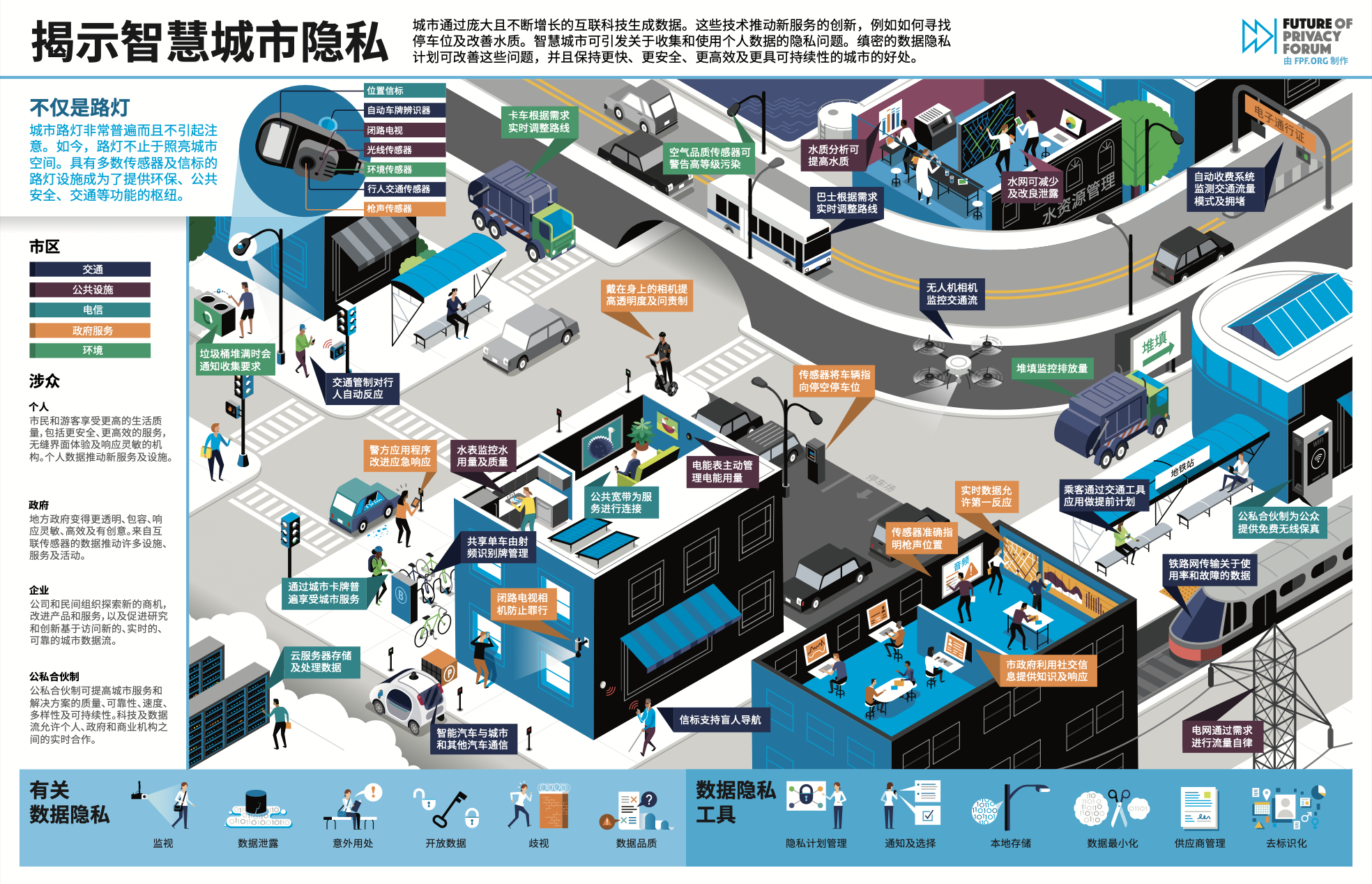
What the Biden Executive Order on Digital Assets Means for Privacy
Author: Dale Rappaneau Dale Rappaneau is a policy intern at the Future of Privacy Forum and a 3L at the University of Maine School of Law. On March 9, the Biden Administration issued an Executive Order on “Ensuring Responsible Developments of Digital Assets” (“the Order”), published together with an explanatory Fact Sheet. The Order states […]

FPF Launches Infographics in Chinese
As FPF’s work expands to include an international audience, we are pleased to relaunch FPF’s popular infographics in various languages. Because conversations around data protection have become more global, the need for high-quality information and new forms of communication in different languages continues to increase. The infographics translation project aims to help FPF provide a […]

Comparative Look at Models of Data Protection – Series of Webinars Led by the Israel Tech Policy Institute (ITPI)
Authors: Kavisha Patel and Lee Matheson Kavisha Patel is a current student at Georgetown Law and an FPF Global Privacy Intern. As a result of Israel’s recently proposed comprehensive privacy law update, the Protection of Privacy Bill, the Israel Tech Policy Institute led a series of three webinars in February 2022 discussing comparative models of […]

The Significance of Inclusion in Clinical Trials and Medical Research Databases
Our colleagues at the Israel Tech Policy Institute (ITPI) published a thoughtful blog on the significance of diversity and inclusion in clinical trials and health and medical research databases. They discuss the imperative of being represented in data, for one’s existence to be recognized and considered. When such data is the building block for a […]

Privacy Harms, Global Privacy Regulation, and Algorithmic Decision Making are Major Topics During Privacy Papers for Policymakers Event
For the 12th year, the Future of Privacy Forum (FPF) hosted its Privacy Papers for Policymakers event, honoring the 2021 Privacy Papers for Policymakers Award winners. This year’s event featured an opening keynote by Colorado Attorney General Phil Weiser and facilitated discussions between the winning authors – Daniel Solove, Ben Green, Woody Hartzog, Neil Richards, […]

BCI Commercial and Government Use: Gaming, Education, Employment, and More
This post is the third in a four-part series on Brain-Computer Interfaces (BCIs), providing an overview of the technology, use cases, privacy risks, and proposed recommendations for promoting privacy and mitigating risks associated with BCIs. Click here for FPF and IBM’s full report: Privacy and the Connected Mind. In case you missed them, read the […]

Privacy Best Practices for Rideshare Drivers Using Dashcams
FPF & Uber Publish Guide Highlighting Privacy Best Practices for Drivers who Record Video and Audio on Rideshare Journeys FPF and Uber have created a guide for US-based rideshare drivers who install “dashcams” – video cameras mounted on a vehicle’s dashboard or windshield. Many drivers install dashcams to improve safety, security, and accountability; the cameras […]

Understanding why the first pieces fell in the transatlantic transfers domino
Two decisions issued by Data Protection Authorities (DPAs) in Europe and published in the second week of January 2022 found that two websites, one run by a contractor of the European Parliament (EP), and the other one by an Austrian company, have unlawfully transferred personal data to the US merely by placing cookies (Google Analytics and Stripe) provided by two US-based companies on the devices of their visitors.

5 Tips for Protecting Your Privacy Online
Today, almost everything we do online involves companies collecting personal information about us. Personal data is collected and regularly used for a number of reasons – like when you use social media accounts, when you shop online or redeem digital coupons at the store, or when you search the internet. Sometimes, information is collected about […]

Brain-Computer Interfaces & Data Protection: Understanding the Technology and Data Flows
This post is the first in a four-part series on Brain-Computer Interfaces (BCIs), providing an overview of the technology, use cases, privacy risks, and proposed recommendations for promoting privacy and mitigating risks associated with BCIs. Click here for FPF and IBM’s full report: Privacy and the Connected Mind. Additionally, FPF-curated resources, including policy & regulatory […]
